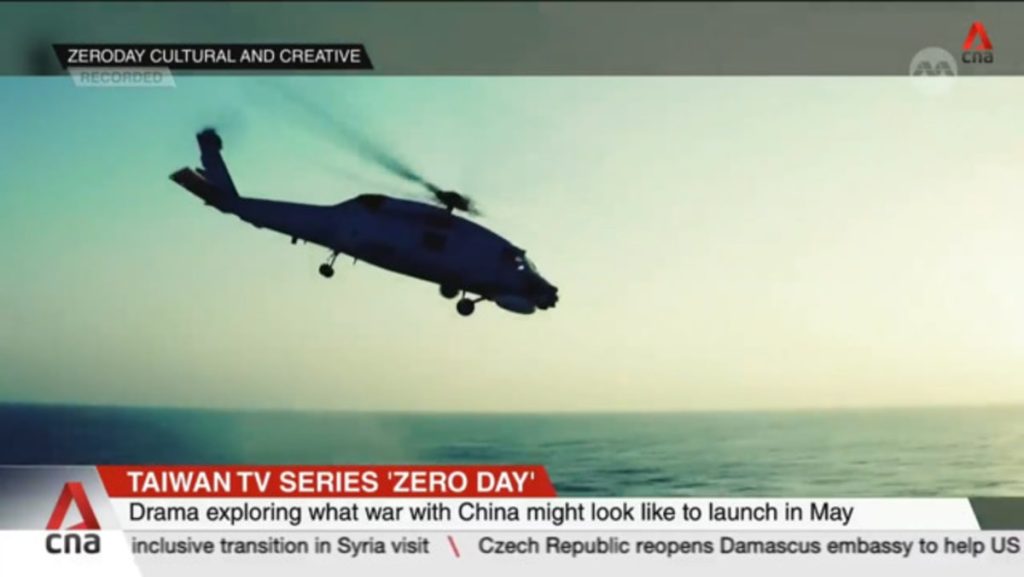The production of the Taiwanese television series “Zero Day” faced significant challenges in casting due to the prevailing political climate and the influence of China on the Taiwanese entertainment industry. Many established actors and actresses declined to participate, fearing potential repercussions and blacklisting within the lucrative Chinese market. This reluctance highlights the pressure faced by Taiwanese celebrities to navigate the complexities of cross-strait relations and the potential impact on their careers. The creators of “Zero Day” even reported crew members resigning mid-production due to pre-existing contractual obligations with Chinese entities that restricted their political expression. These contracts, requiring adherence to pro-China sentiments, effectively silenced dissenting voices and created an atmosphere of self-censorship within the Taiwanese entertainment sector. The incident underscores the extent of China’s influence and the difficult choices faced by Taiwanese artists seeking to balance their artistic pursuits with the economic realities of the market.
The pressure on Taiwanese celebrities to conform to pro-China narratives extends beyond individual projects and permeates the industry. Many prominent figures actively endorse pro-China sentiments through social media posts, participation in state-sponsored events, and public pronouncements. This calculated alignment with Beijing’s perspective serves to maintain their access to the vast Chinese market and safeguard their careers. The financial incentives and potential for greater exposure within China create a powerful incentive for compliance. However, this acquiescence comes at the cost of artistic freedom and the potential for genuine cross-cultural dialogue. The pressure to conform creates a chilling effect on open expression and limits the space for nuanced perspectives on cross-strait relations.
While some Taiwanese celebrities actively embrace pro-China stances, others attempt to maintain a neutral position, avoiding explicit political statements to navigate the treacherous waters of cross-strait politics. This strategy aims to sidestep controversy and avoid alienating audiences on either side of the Taiwan Strait. However, even this studied neutrality can be perceived as a tacit endorsement of Taiwanese independence, potentially leading to backlash from mainland Chinese audiences and authorities. This ambiguity underscores the precarious position of Taiwanese celebrities, caught between the demands of a politically sensitive environment and the need to maintain their professional viability. The very act of avoiding a pro-China stance can be interpreted as a political statement in itself, highlighting the challenges of remaining apolitical in a highly charged context.
The pressure on Taiwanese celebrities stems from the significant economic opportunities presented by the Chinese entertainment market. China’s vast population and growing entertainment industry represent a lucrative market for Taiwanese artists seeking wider recognition and financial success. This economic dependence creates a vulnerability to political pressure, as access to the Chinese market can be revoked if an artist is deemed to be expressing views contrary to Beijing’s interests. This dynamic fosters a climate of self-censorship and limits the ability of Taiwanese artists to freely express their views on sensitive political topics, particularly those related to cross-strait relations and Taiwan’s status. The economic incentives create a powerful disincentive for expressing dissenting opinions, thereby reinforcing China’s influence on Taiwanese cultural production.
The use of “cognitive warfare” further complicates the landscape for Taiwanese celebrities. This strategy, involving subtle and gradual influence operations aimed at shaping public perceptions, often utilizes social media platforms to disseminate narratives and influence online discourse. This form of manipulation transcends traditional propaganda and seeks to subtly shift public opinion towards a more favorable view of China’s position on Taiwan. This tactic aims to cultivate a sense of identification or at least reduce animosity towards China among Taiwanese audiences, thereby undermining support for Taiwanese independence and paving the way for greater political influence. The pervasive nature of social media makes this form of cognitive warfare particularly effective in shaping public opinion and influencing the choices of individuals, including celebrities, who are sensitive to public perception.
The experience of the “Zero Day” production team and the broader pressures facing Taiwanese celebrities highlight the complexities of navigating the political landscape in the entertainment industry. The economic allure of the Chinese market creates a strong incentive for compliance with Beijing’s political narratives, while the desire for artistic freedom and the potential for backlash from within Taiwan create conflicting pressures. This delicate balancing act requires careful navigation, often forcing artists to choose between economic opportunities and personal convictions. The ongoing tensions between China and Taiwan create a challenging environment for Taiwanese artists, demanding a strategic approach to public expression and a keen awareness of the political implications of their actions. The case of “Zero Day” serves as a microcosm of the broader challenges facing Taiwanese cultural production in the face of increasing pressure from China.

